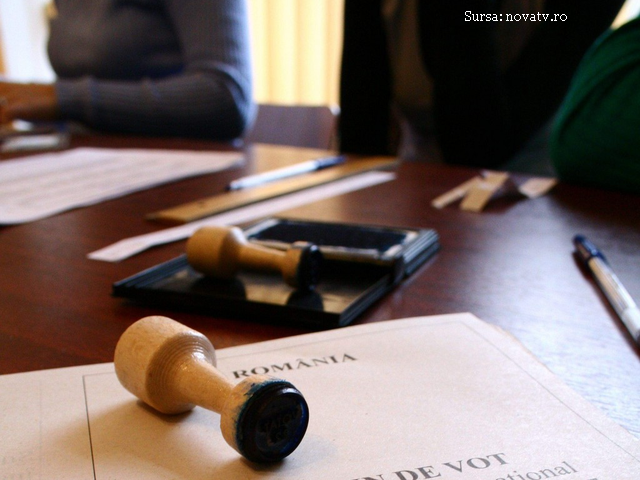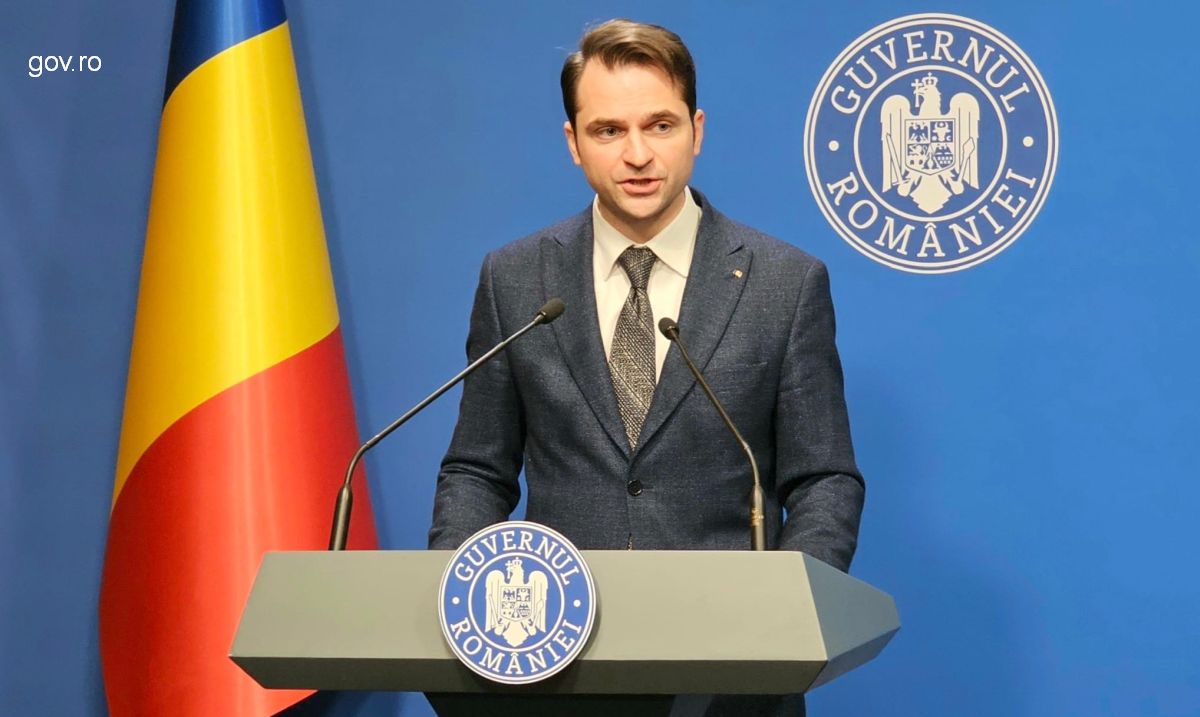The Senate votes for the new election law
With 105 in favour and two against, the Senate adopted the draft law on general elections

Corina Cristea, 04.06.2015, 14:17
The draft election law was passed on Wednesday by the Senate and has been submitted to the Chamber of Deputies for approval. Under the new law, next years elections will use the party-list voting system, while the numbers of MPs will also be cut. At present, Parliament totals 412 deputies and 176 senators. Adopted by a large majority in the Senate, the draft law provides for a representation quota of one Deputy for every 73,000 inhabitants and one Senator for every 168,000 inhabitants.
The new Parliament will therefore have 308 deputies and 134 senators, 18 MPs representing ethnic minorities and 6 representing the Diaspora. All political factions voted in favour of the bill. Both the Social-Democratic Party in the ruling coalition and the National Liberal Party in opposition have hailed the draft law. Liberal MP Puiu Hasotti believes the draft law will restore a sense of normalcy, given that the party-list voting system worked just fine up until 2004 and continues to be used in most countries with a proportional representation system. Two rounds of elections, in 2008 and 2012, have revealed the deep flaws in the current election law, which also sparks political turmoil, Hasotti went on to say.
Under the new law, the election threshold will be set at 5% of the total number of votes at national level, or at 20% of the votes in at least four constituencies for all candidates. Additionally, in the case of political coalitions or election alliances, apart from meeting the election threshold in order to ensure representation, the second member of the alliance will need to grab 3% of the votes at national level, while every other member will need to secure 1% of the votes cast in all constituencies, up to a maximum value of 10% of these votes.
The reform of the Parliament is not a new idea in itself. Several months ago president Klaus Iohannis held consultations with political parties in this respect. On the sideline of the meeting the president and party representatives agreed on a timetable, under which Romania commits to fully reforming its election and party funding legislation by the end Parliaments current tenure. At the time, president Iohannis said cutting the number of MPs was not a populist move, nor was it motivated by any financial reasons, but argued that a smaller Parliament is an efficient Parliament.






























